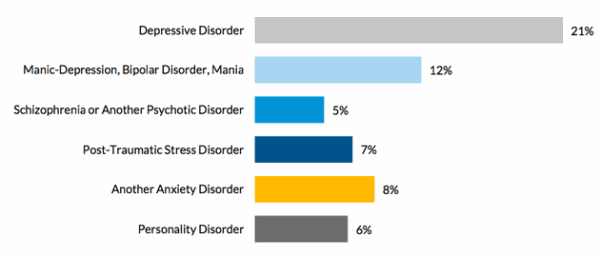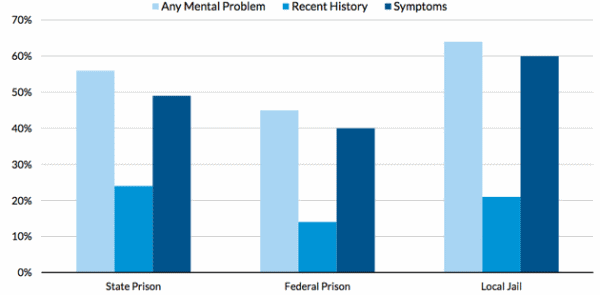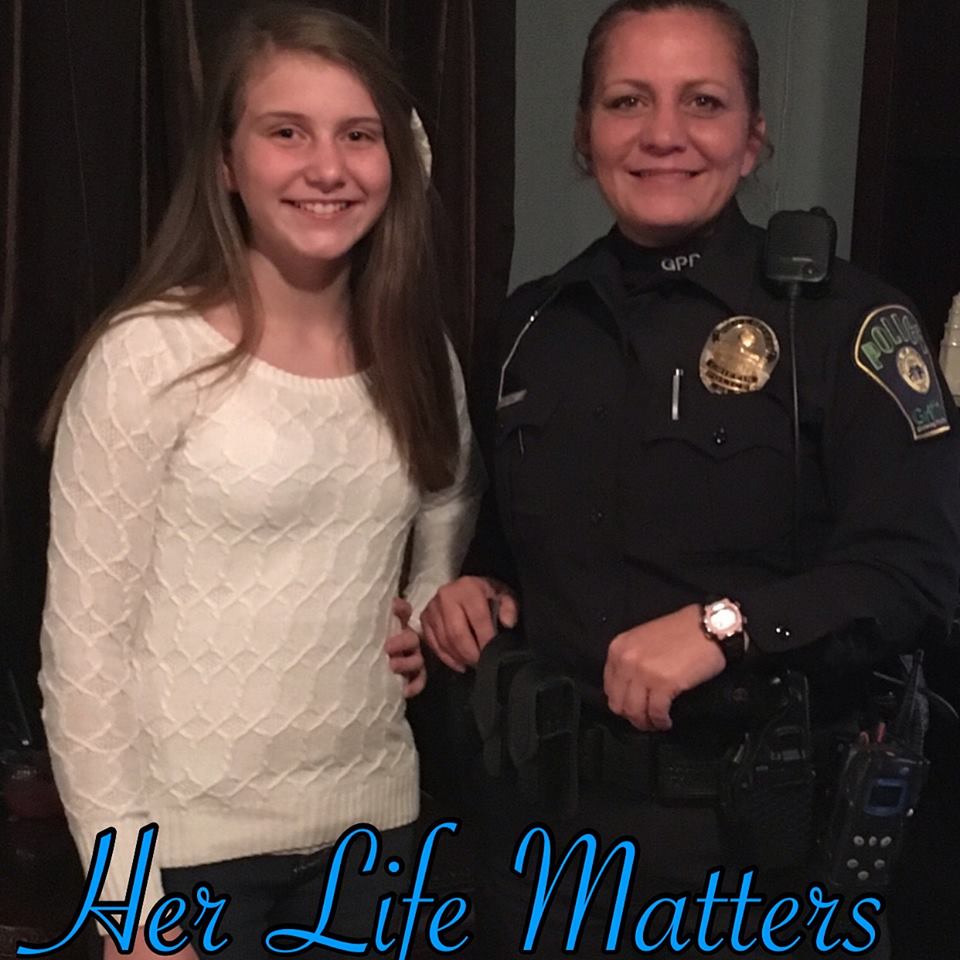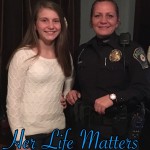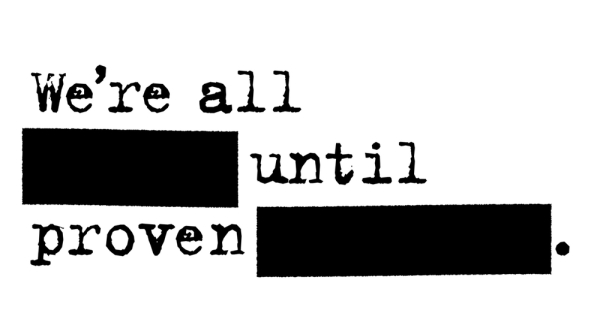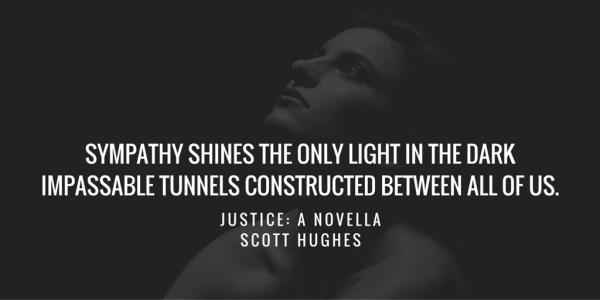
My new book Justice starts with the following first sentence: “Sympathy shines the only light in the dark impassable tunnels constructed between all of us.”
Being a work of fiction, after that preface, I cannot stand by any of the other statements or claims in the book. Instead, Justice might more reveal what a person in that dark, dark, dark tunnel would feel or believe as they tragically fail to make use of that one light.
Nonetheless, in the theme of that darkness, one character describes what the act of one human slowing choosing to strangle another would entail: “All it would have taken is one moment–one moment–of indecision. One breath. Literally, one breath. One breath of consideration…”
We all have that choice to make. We can give into our moralizing anger, our self-righteous destructiveness, our overpowering fears. We can distract ourselves with hate as we seek to punish. We can self-medicate with our indulgences, whether it is alcohol, gambling, overeating, television, compulsive shopping, gossiping. We can and often do much of that, all while we continue to neglect those in need of our sympathy, all while we try to invent some imaginary thing that could justify it all. But light doesn’t need justification. Justification–justice–is the symptom of the dark.
Unlike in the drama of fiction, it’s not necessarily only those nearest, both emotionally and physically, who we neglect.
Over 3 million children under 5 years of age starve to death each year.
Shall we give them a breath of consideration?
Even just one life-saving breath?
What about the millions of nonviolent human beings rotting in cages? Do we have a second breath for them? Well, I suppose we need to take the first before we have the option to do the second.
We aren’t characters in a dark dramatic story. We can turn towards the light. We do not have to sit in the lonely dark and self-medicate our misery. We don’t have to neglect starving children and hide our guilt. We don’t have to neglect those that could be given our sympathy, both near and far to us, and accept an angry, vengeful, and self-medicating existence. We don’t have to be so lonely, and we don’t have to fear the light.
We don’t have to think like my characters in Justice.
We can do better.
Every passing moment is a chance to turn it all around.



